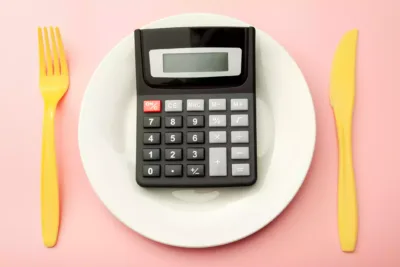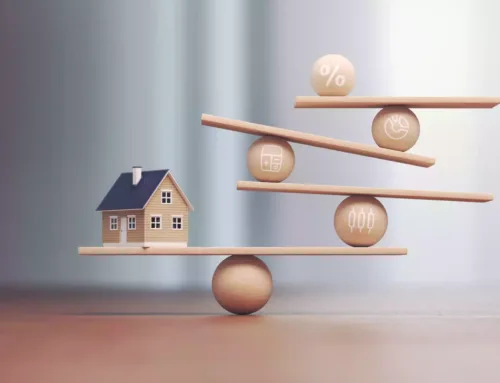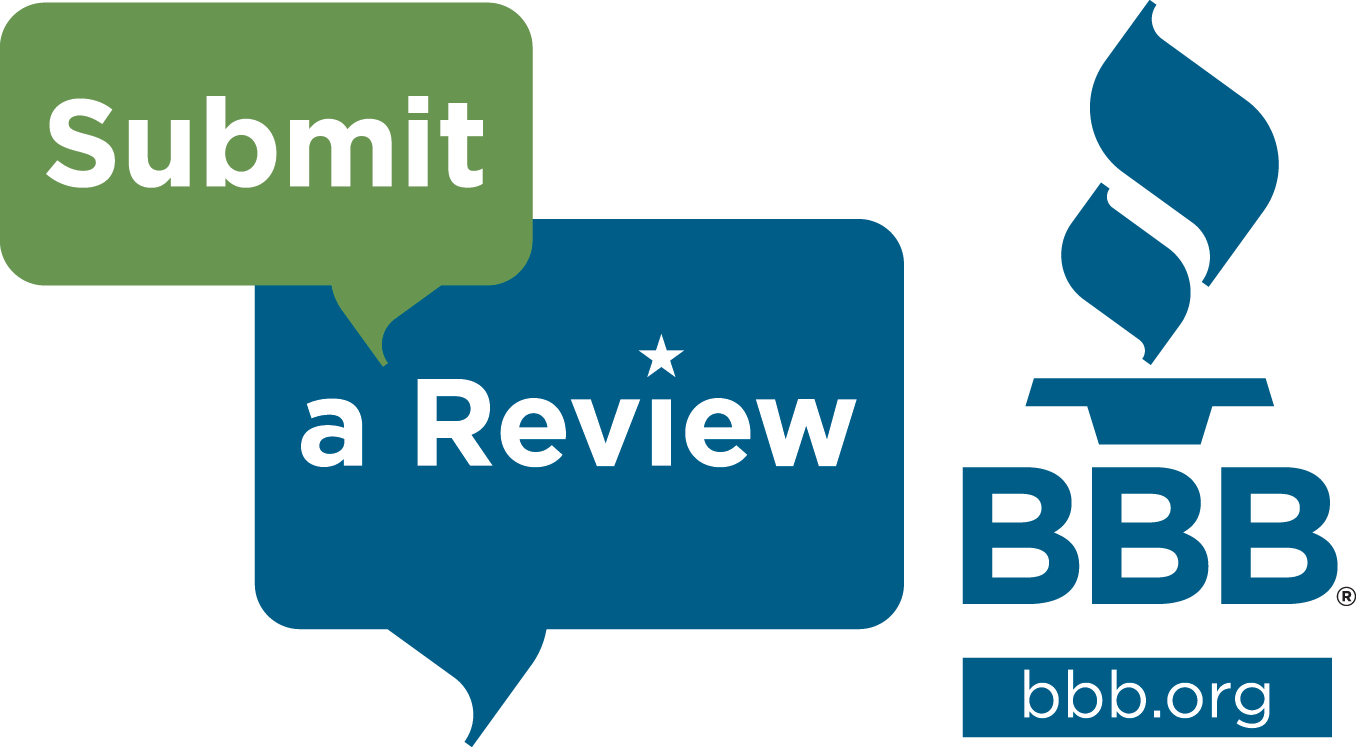The Mortgage Diet: What to Cut from Your Budget While You Wait to Qualify
 Just like preparing for a big race, getting ready to qualify for a mortgage takes discipline, patience, and some financial training. Whether you’re a first-time homebuyer or gearing up to refinance, your financial health plays a big role in what kind of mortgage you can get, and at what rate. That’s where the “Mortgage Diet” comes in.
Just like preparing for a big race, getting ready to qualify for a mortgage takes discipline, patience, and some financial training. Whether you’re a first-time homebuyer or gearing up to refinance, your financial health plays a big role in what kind of mortgage you can get, and at what rate. That’s where the “Mortgage Diet” comes in.
Think of it as a short-term budget reset designed to help you trim the financial fat and strengthen your mortgage application. Just as you might cut certain foods to get in shape, cutting certain expenses can help get your finances mortgage-ready. Below, we explore smart budget cuts and habits to adopt while you wait to qualify.
Slash the Subscriptions
From streaming platforms and fitness apps to monthly subscription boxes, those seemingly small recurring expenses can add up fast. Review your bank and credit card statements line-by-line. Are you still using that meal kit delivery service? What about that meditation app you forgot you subscribed to? Eliminating even a handful of $10–$20 monthly charges could save you $500 or more annually. That money could go toward reducing existing debt, padding your savings, or improving your debt-to-income (DTI) ratio—all of which make you a more appealing borrower.
Put Dining Out on the Chopping Block
Dining out might be convenient, but it’s also one of the biggest budget busters. Regular coffee runs, fast food lunches, and restaurant dinners can quietly drain your wallet. Instead, try meal planning and cooking at home, which not only saves money but gives you control over your food budget. If you find cooking every night overwhelming, batch cook meals for the week and freeze them for later use. Redirect the money saved into a high-yield savings account earmarked for your down payment.
Trim Transportation Costs
If you’re making high monthly car payments or spending a fortune on gas, parking, or rideshare services, there may be opportunities to cut back. Consider carpooling, using public transit, or even biking if your commute allows. If you own more than one vehicle and could manage with just one temporarily, selling the second could provide a financial cushion. Even negotiating lower insurance premiums or switching to a more fuel-efficient car can offer long-term savings that support your mortgage-readiness.
Pause Large Purchases
That new TV or vacation may sound enticing, but postponing large purchases is a key part of the mortgage diet. Not only do these expenses deplete your savings, but if you’re using credit to pay for them, they can lower your credit score or increase your DTI—both of which are red flags for lenders. If you absolutely must make a major purchase, consult with a loan officer first to understand how it might affect your application. Otherwise, focus on strengthening your financial profile and reward yourself after you close on your new home.
Limit Credit Card Use
While paying off your credit cards is essential, it’s just as important not to accumulate new debt. Resist the temptation to use your credit card for everyday purchases and stick to cash or debit when possible. Avoid applying for new lines of credit during this time, as hard inquiries can temporarily lower your credit score. Keep your credit utilization below 30% on each card to demonstrate responsible borrowing habits—a key metric that mortgage lenders evaluate.
Scale Back Entertainment Spending
 Everyone needs to unwind, but entertainment costs can balloon quickly without careful monitoring. Limit expensive outings like concerts, amusement parks, and premium movie theaters, and look for free or low-cost local activities instead. From community festivals and library events to free outdoor concerts or museum days, there are plenty of ways to enjoy life without hurting your budget. You might be surprised how much fun you can have for little to no cost.
Everyone needs to unwind, but entertainment costs can balloon quickly without careful monitoring. Limit expensive outings like concerts, amusement parks, and premium movie theaters, and look for free or low-cost local activities instead. From community festivals and library events to free outdoor concerts or museum days, there are plenty of ways to enjoy life without hurting your budget. You might be surprised how much fun you can have for little to no cost.
Cut (or Freeze) Unnecessary Shopping
Online shopping has made impulse buying easier than ever. A new gadget, outfit, or decor item is only a click away. To reduce temptation, remove saved payment methods from online accounts, unsubscribe from promotional emails, and delete shopping apps from your phone. You can also implement a 24-hour rule: If you see something you want to buy, wait a day before purchasing. Often, the urge to spend fades. Being intentional with your spending keeps your budget in line and your financial goals in sight.
Refocus on Financial Wellness
Use this waiting period as a chance to build long-term habits that will benefit you well beyond your mortgage approval. Create a budget if you don’t already have one, and track your progress weekly. Start or continue an emergency savings fund to prepare for unexpected costs that might come with homeownership. The better your financial habits now, the easier it will be to manage mortgage payments, home maintenance, and other responsibilities down the road.
Stay Focused on the Goal
Getting your finances in shape for a mortgage doesn’t mean giving up everything—it just means being strategic about what you spend and save. Small changes can add up to a big difference in how lenders view your financial picture. At First Ohio Home Finance, we’re here to guide you through the process and help you get mortgage-ready the smart way.
Want to learn more about how to qualify for the best rates? Contact us today to speak with one of our experienced loan officers—we’ll help you stay on track and find the loan that’s right for you.













